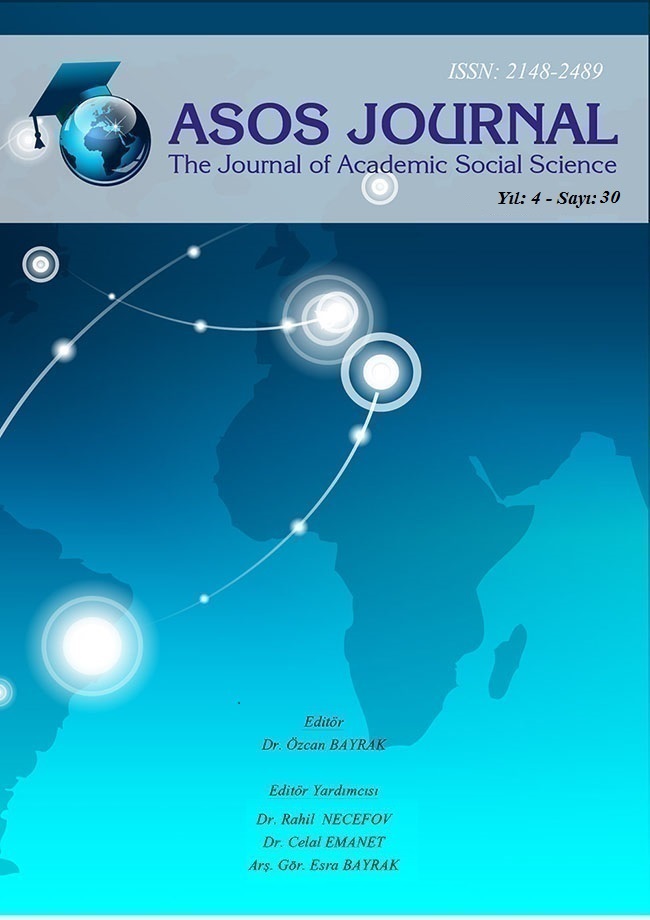Author :
Abstract
Özellikle 1980’li yıllardan beri birçok ülke tarafından uygulanan Neo – liberal politikaların getirdiği sonuçlar iktisat literatüründe önemli bir tartışma konusudur. Nitekim Arjantin 1991 yılında kamuoyuna duyurduğu Konvertibilite Planı ile birlikte yoğun olarak Neo – liberal politikalar uygulamaya başlamış ve 2001 yılındaki finansal krize kadar Arjantin ekonomisinin performansı Neo – liberal politikaların ve IMF’nin başarısı olarak algılanmıştır. Ancak 2001 krizinden sonra Neo – liberal politikaların getirdiği sonuçlar tekrar tartışma konusu olmuş ve bu dönemden sonra Arjantin devletin ekonomide merkezi bir rol üstlendiği Heterodoks politikalar uygulamaya başlamıştır. Bu çalışmada iki uç politika anlayışının Arjantin ekonomisine getirdiği sonuçlar incelenmiştir. Elde edilen bulgulara göre, Arjantin ekonomisi Heterodoks politikalarının uygulandığı 2002 ve sonrası dönemde, Neo – liberal politikaların uygulandığı 1991 – 2001 dönemine göre çok daha sağlam temeller üzerine oturmaktadır.
Keywords
Abstract
Neo-liberal policies are implemented by many countries especially since the 1980s. The results that Neo-liberal policies produce are an important topic of discussion in the economics literature. Hence, Argentina started to implement Neo-liberal policies heavily with the announcement of the Convertibility Plan to the public in 1991 and the performance of Argentina’s economy until the financial crisis of 2001 was perceived as a success of Neo-liberal policies and IMF. However, after the 2001 economic crisis, the results that Neo-liberal policies produce were again the subject of debate and after this period, Argentina started to implement Heterodox policies in which the government plays a central role in the economy. This study examined the impact of these two different policies on the Argentine economy. According to the findings, in 2002 and the period after that when the Heterodox policies were implemented, Argentine economy was on more solid basis comparing to the period of 1991 to 20





